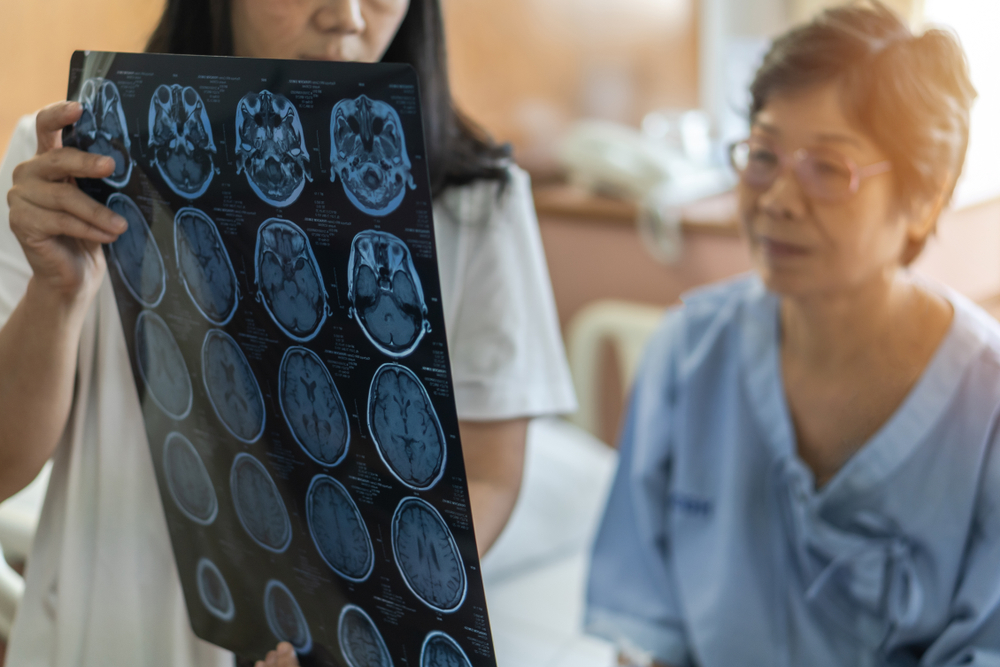
When you scrape your knee, an area with inflamed skin develops. This is called a lesion. However, this can happen to the brain too. Here is a look at what causes brain lesions and how to detect and treat them.
What Are Brain Lesions?
Brain lesions can happen as a result of congenital disability, trauma, or disease. They are a type of injury to the brain that may not show symptoms immediately. Moreover, over time, and as they worsen, the symptoms become noticeable. They can appear in large parts of your brain or a specific area. Physiologic brain trauma affects the normal functioning of the brain. So this can result in unpredictable outcomes.
Causes of Brain Lesions
Many triggers can lead to this condition. Sometimes, the physiologic brain lesions may start manifesting as other conditions. In some cases, patients with this condition in neurologically silent parts of the brain might also experience psychiatric symptoms. These may include anorexia nervosa, depression, schizophrenia, cognitive dysfunction, or anxiety disorder, to name a few.
Researchers have found brain lesions in patients who have the above conditions. Neuroimaging shows that these lesions can be neurologically silent for a while. Eventually, they will manifest as mental disorders or other conditions.
Common Symptoms of Physiologic Brain Lesions
Symptoms of this condition vary depending on the location, size, and type of the lesion. General symptoms of brain lesions include nausea, headaches, and neck pains. Other symptoms can be eye pain and loss of appetite. You may also experience vision changes, seizures, immobility, and fevers. As a result, there can be changes in personality, concentration, mental capacity, and behavior. You may also experience memory loss and constantly get confused.
Detecting Physiologic Brain Lesions
Effective detection of physiologic brain lesions begins with probing your medical history. This helps to identify when it started and the frequency of the symptoms. Your doctor will also know what triggers the symptoms. Undoubtedly, this will help them to give you individualized treatment. Here is how your doctor will diagnose physiologic brain lesions.
Physical Exams and Your Medical History – This involves exploring your past medical history, complaints, and related symptoms. This is instrumental in the detection of physiologic brain lesions. Neurologic exams help to pinpoint weakness, ascertain coordination, and change in sensation. These include your response to pain, touch, vibrations, and others.
Imaging – These effective tests detect brain lesions. Magnetic resonance imaging (MRI) and computerized tomography (CT) scans are recommended. Also, specialists might add angiography to these imaging options. This analyzes your brain’s blood vessels. These blood tests are performed to detect any conditions that involve your brain.
Treating Physiologic Brain Lesions
Some of the treatments for these brain lesions include:
Removing the lesion surgically. New techniques in surgery that can safely remove brain lesions are available.
Medications that can fight infections and calm your immune system can reduce the negative impacts of brain lesions. Some of them can change the way your immune system responds to them.
For cancerous brain lesions, radiation therapy and chemotherapy can be effective too.
For more on physiologic brain lesions, visit Bagnell Brain Center at our office in Pinecrest, Florida. You can also call 305-889-7488 to book an appointment.






